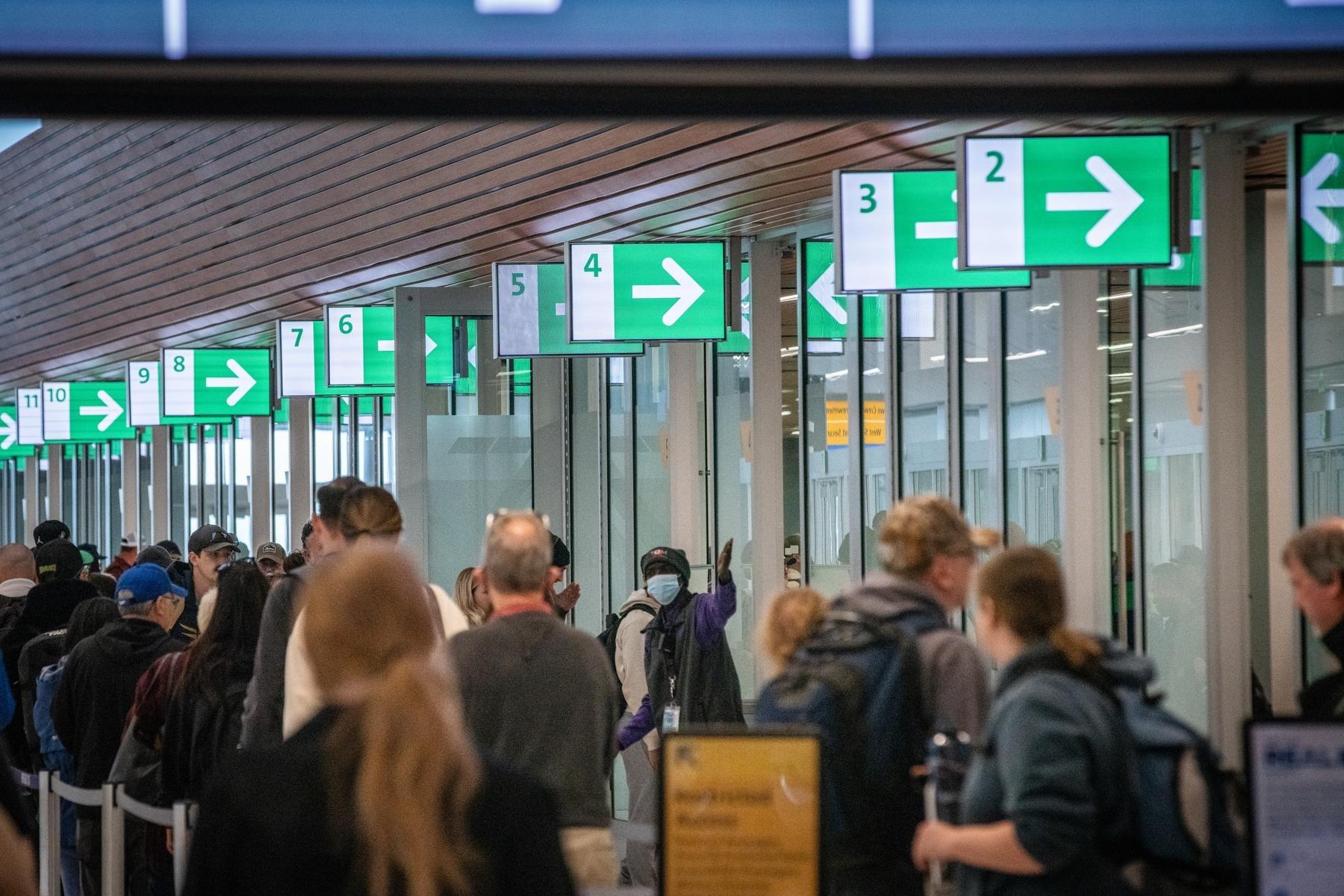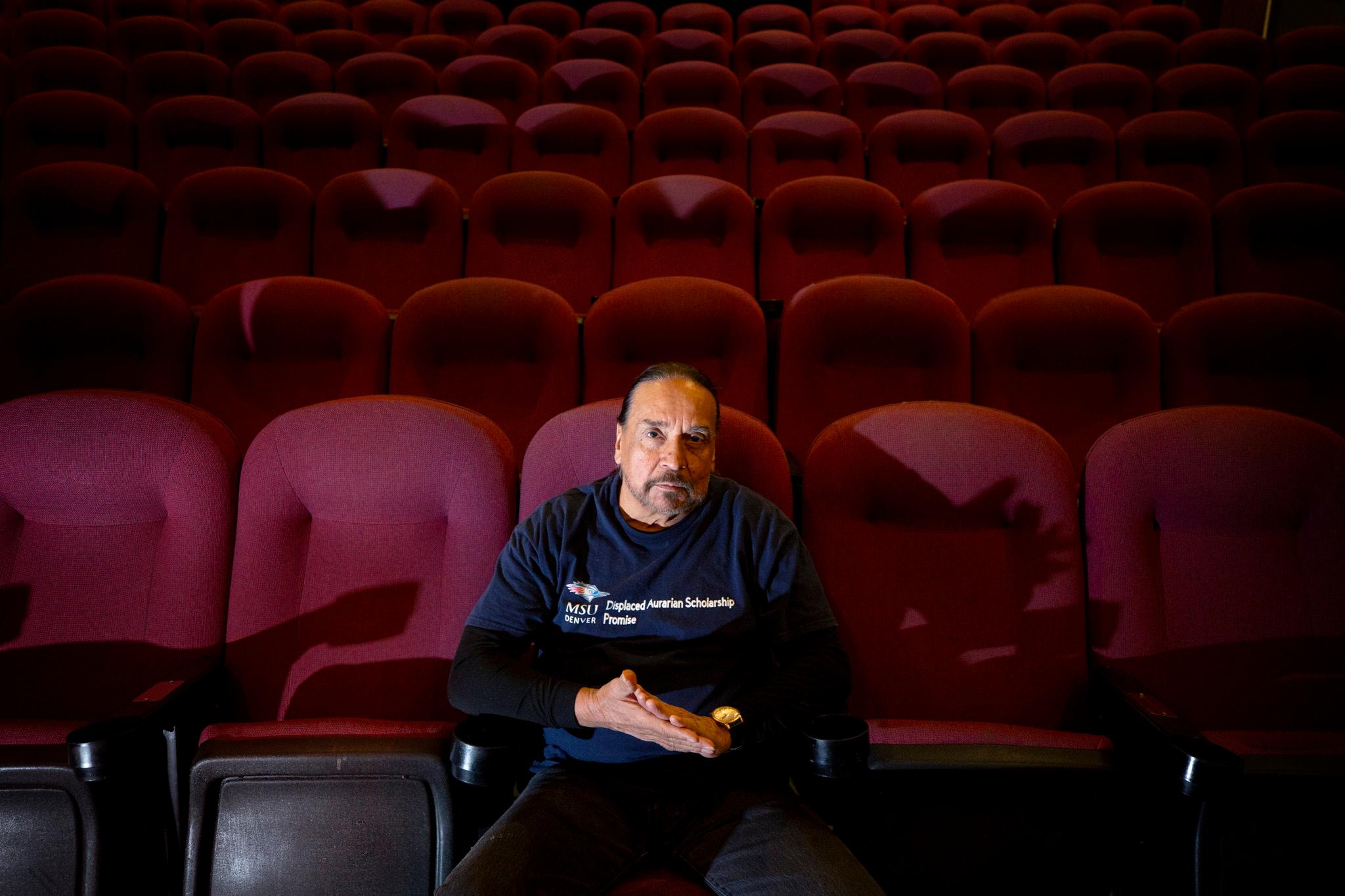City officials are celebrating the latest report from independent researchers who see promise in Denver's experiment to keep people in housing and out of jail cells and emergency rooms.
The researchers also reminded the Hancock administration that Denver's camping ban remains part of the conversation about homelessness in the city.
In a statement welcoming the report by the Urban Institute on Denver's social impact bond, Mayor Michael Hancock said the evaluation showed the program is "working and participants are getting housed and staying housed."
The program began in 2016 for people experiencing homelessness. The Colorado Coalition for the Homeless and the Mental Health Center of Denver use police arrest data to identify people experiencing chronic homelessness, then help them with housing and health, food, transportation, legal and other support.
Denver's chief housing officer Britta Fisher said in an interview that housing and supportive services were a "powerful combination."
"This is really about the supportive housing model," she said of the social impact bond results.
The program is funded with money from eight investors as well as from state and local housing resources and Medicaid reimbursements. Investors include the Denver Foundation and the Ben and Lucy Ana Walton Fund of the Walton Family Foundation. They get $15.12 from the city for each day a participant is housed and not in jail. The city is betting those payments will be less than what it spends providing emergency room services and jailing people experiencing chronic homelessness. Based on the latest report, the city paid investors about $1.5 million. It was the third such payment, bringing the total so far to $2.5 million.
Donald W. Burnes, founder of the University of Denver's Burnes Center on Poverty and Homelessness, said the strategy of rallying investors to address homelessness should be replicated on a bigger scale and to bring in funding from private business as well foundations.
"It is absolutely incumbent on us to figure out ways to get the private sector more involved in providing support," Burnes said.
Of the 383 people who have been housed with social impact bond funding over three years, 85 percent remained housed after one year and 79 percent remained housed at two years, according to the Urban Institute which had support from the University of Colorado Denver. "These are promising housing stability results," the researchers concluded.
But the real test would be whether participants were spending less time in jail, they said.
That won't be clear until 2021, when the researchers plan to compare the experience of participants in the social impact bond program to people experiencing chronic homelessness who have not been part of the pilot. But researchers found that two years into the program, 64 percent of participants had had at least one jail stay.
In the introduction to their report, the researchers said, "A lack of affordable housing and supportive services, as well as criminalization of homelessness, can have dire consequences."
"People who have experienced (the) chronic homelessness cycle in and out of jail, often because of nuisance crimes related to loitering, trespassing, sleeping or camping on the street, panhandling and public drinking or drug use," they wrote.
Their report included a brief history of Denver's camping ban, including the defeat in May of Initiative 300, which asked voters to overturn the ban that City Council adopted in 2012.
"Police continue to issue citations (under the camping ban) and use existing laws to clear encampments that develop in Denver's downtown neighborhoods," the researchers stated. "This approach is costly."
Fisher said she saw those passages as "part of the context, part of the conversation in Denver." She described the camping ban as aimed at protecting public health and safety, and at connecting people experiencing homelessness to services.
The camping ban outlaws eating, sleeping or storing belongings while using even a blanket to shelter in public. Police are under the law required to first try getting people to comply simply by asking, to offer help for those who need it, and to write a citation or make an arrest only as a last resort. Though citations are rare, people experiencing homelessness say their encounters with police because of the camping ban are stressful.
Like the Urban Institute researchers, poverty think tank founder Burnes questioned the price of the camping ban.
"We are spending valuable resources on enforcing the criminalization of homelessness," he said. "These are resources that could be put to a more positive situation."













